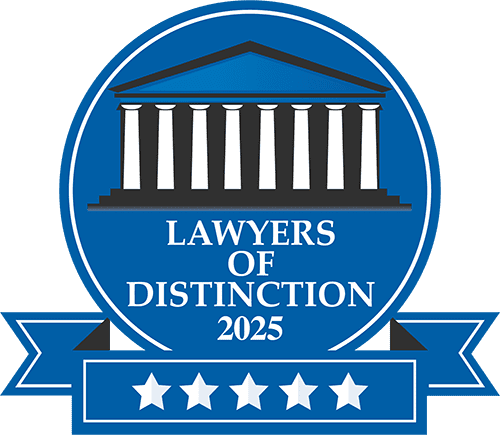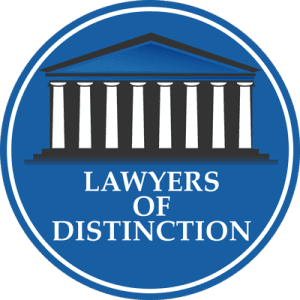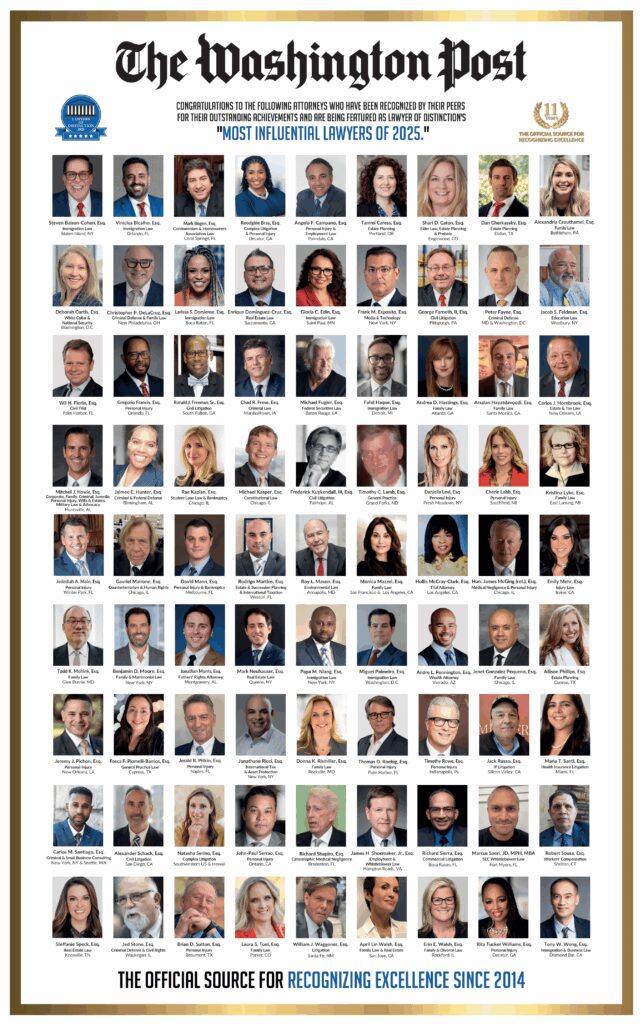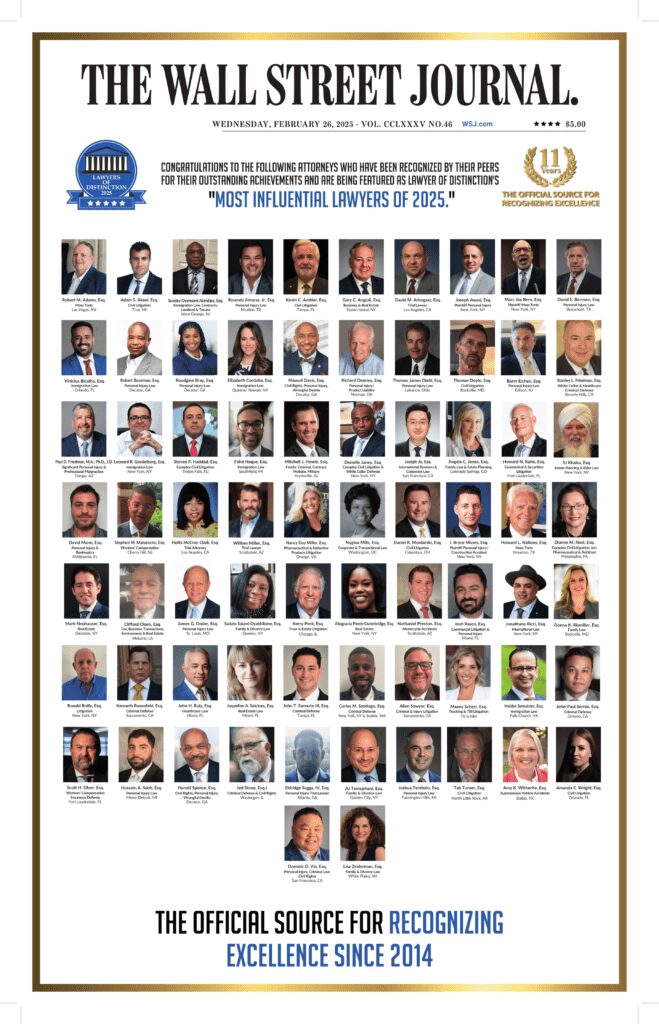Advertisements Targeting Prescription Drugs and Medical Devices
Billions of dollars are being spent by lawyers to fill the media with advertisements targeting medical devices and prescription drugs for lawsuits. Some of these advertisements have alarmed consumers to the point where they stopped taking their prescription medication. Some of these consumers died. Legislation has been created in some states regulating advertisements for attorney services. The critics claim the laws violate the rights of the attorneys while the proponents believe they are protecting the health of the public.
An excellent example was a man suffering from deep vein thrombosis. His physician prescribed him medication to save his life. Negative advertisements caused him to stop taking his medication without speaking with his doctor. He died of a pulmonary embolism. There is nothing unique about this story. The United States Food and Drug Administration were sent reports from 61 medical professionals in 2016 regarding patients decreasing or discontinuing their use of blood thinners due to advertisements. Six of these individuals died.
Misleading Legal Advertisements
Lawsuit advertising targeting medical devices and prescription drugs sensationalize the risks of using these products. They use words including health alert and medical alert. They insert images of logos from government agencies including the FDA to enhance their credibility. Consumers believe the ad is legitimate and a public service announcement. What they are actually viewing are attorneys trying to convince them to file a lawsuit. The information advertised is often unreliable. The consumers do not understand the risks of removing a medical device or discontinuing a prescription.
The majority of the advertisements have print so small and displayed so quickly, the consumer is unable to read the content. This text generally states the ad is for legal services sponsored by a company providing law firms with leads. The claims of the callers can be sent to foreign call centers for screening. The majority of the ads do not advise the consumers to talk to their physician prior to discontinuing or decreasing their medication. The ads lead consumers to believe even drugs approved by the FDA are bad and suggest the drug has been recalled.
The Significance of the Issue
The rate of television spending by attorneys has increased six times faster than all other advertising. The estimate of the American Tort Reform Association was $226 million was spent in 2018 for legal service advertisements. Spending on internet, radio and television advertisements may reach $1 billion yearly. The lawsuit ads for medical devices and prescription drugs comprise the biggest share of legal service ads on television.
The Consequences
One of every four individuals using prescription medications has stated they would immediately stop using their medication without speaking with their physician if they saw an advertisement for a lawsuit involving the drug. Recent studies have shown when an individual views an advertisement targeting a drug that appears to be a public service announcement, they were less likely to fill an existing or new prescription. Psychiatrists treating patients for bipolar disorder and schizophrenia reported more than fifty percent of all patients decreasing their doses or discontinuing their medication were due to a lawsuit ad.
According to the American Medical Association, consumers are more likely to stop using prescription medications from television ads ignoring the benefits and emphasizing the side effects despite the drug receiving approval from the FDA. Patients are perceiving these advertisements as medical advice. This is compromising their relationships with their physicians. Patients are ignoring good medical advice because the ads have caused them to mistrust their physicians.
The Solution
Some states have passed legislation to regulate deceptive practices in advertising. These laws were created to make certain consumers understand they are watching a legal ad. Every advertisement from an attorney must reveal they are paid ads for attorney services. No advertisement can be shown as a public service announcement, health alert or medical alert. The new legislation prohibits usage of the word recall if a recall has not been approved by an agreement between a government agency and a manufacturer or a government agency.
Any use of a logo from a government agency has been forbidden. This is applicable for all lawsuit advertisements targeting products regulated by state or federal agencies. This includes more than medical devices and prescription drugs such as automobiles and consumer products. When the ad concerns a prescription drug, the new state laws require the advertisement to warn consumers to consult with their doctor prior to discontinuing any medication. One law requires the ad to disclose when the medical device or drug has been approved by the FDA.
The laws additionally require disclosures to be clear and the information easily read. One law is only applicable to television ads while the other includes all ads such as the internet, television, websites, billboards, radio and newspapers. The enforcement of the new laws for certain states varies. This sent a strong message that these states will not tolerate the advertising practices of attorneys when they cause fear leading to serious medical consequences or death.
The First Amendment
There is a good possibility this new legislation will be challenged by the First Amendment. One attorney is reputed to be preparing to challenge the law stating it is unfair to attorneys because it denies them their rights under the First Amendment without placing any limitations on advertisements by health care providers or pharmaceutical companies. The law has also been called a restraint against free speech. The United States Supreme Court recognizes that attorney advertisements are unable to be barred by the states. The only ads subject to restraint must be misleading, deceptive or false.
Restrictions against legal advertising have been upheld by the court when they mislead the public or have a negative influence on injured people. The First Amendment has not been violated since the ads usually influence the elderly and the ill. Despite the protection lawyers have regarding free speech, the court believes restrictions are applicable for protecting the public. Misleading lawsuit ads resulting in patient deaths and injuries can be banned. The regulation of pharmaceutical marketing by the FDA is far more restrictive than the new state laws.
If you’re interested in learning about the Lawyers of Distinction Selection process, click the link.
Source: http://www.mondaq.com/unitedstates/x/848864/advertising+marketing+branding/Deceptive+Plaintiff+Lawyer+Advertising+Is+Harmful+To+Public+HealthAnd+States+Are+Taking+Action






